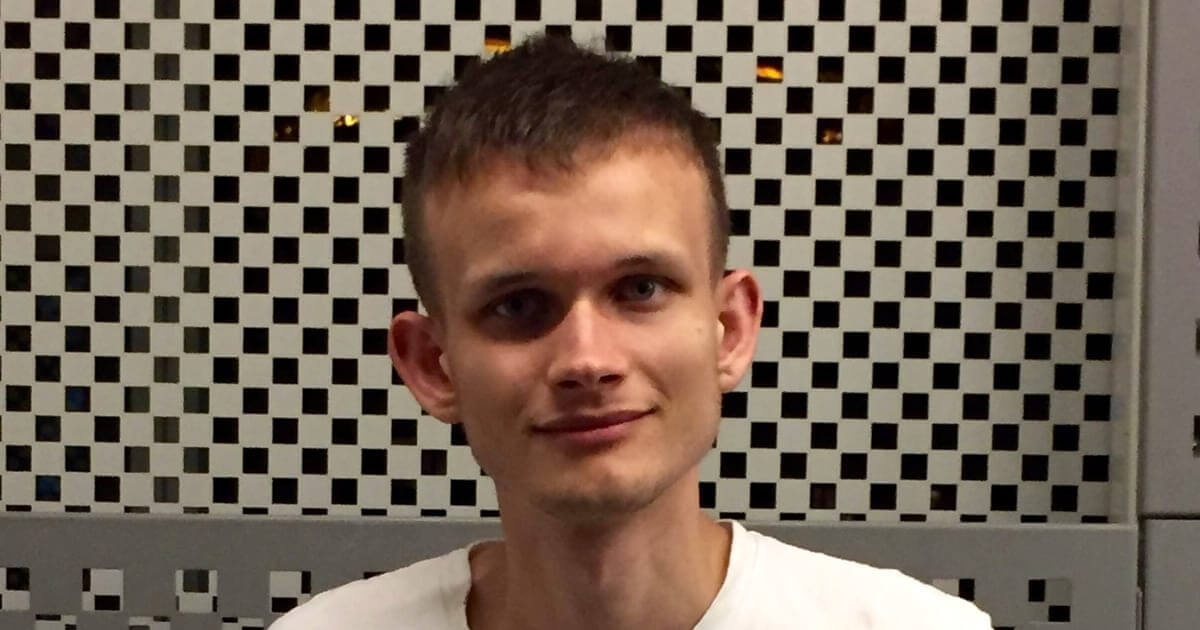Vitalik Buterin, the founder of Ethereum, presents a compelling story of technological optimism in his latest article. He begins by acknowledging the impact of Marc Andreessen’s “Manifesto of Technological Optimism” and the debate it sparked among thought leaders. Buterin’s views are warm and nuanced, recognizing the importance of the direction of technological development, while also believing in a bright future with innovative technologies.
He criticizes the ideology of stagnation, which fears technological progress and prefers to preserve the current state of the world. Instead, Buterin argues for a balance that prioritizes certain types of technologies that can mitigate the negative effects of others. He points out that the world is overemphasizing some technological directions and ignoring others, emphasizing the need for active human intention to choose technological paths instead of leaving it to profit maximization alone.
Buterin discusses three perspectives on technology. accelerationists who envision a utopian future; And his view is one that recognizes the dangers of the past but acknowledges multiple paths forward, both good and bad. He details various technologies, including blockchain and AI, and their social impact.
Addressing the issue of AI, Buterin believes that AI is fundamentally different from other technologies. He highlights the need for special caution while examining the existential risks associated with AI. The possibility that AI will surpass human intelligence and become the dominant species is a central concern of his argument. He presents the potential of AI to wipe out humanity, or at least bring about a future in which humans do not want to live.
This article explores the concept of d/acc (defense or distributed acceleration) in more detail, advocating for technologies that favor national defense and sound, democratic governance. Buterin emphasizes the importance of distinguishing between offensive and defensive technologies, arguing that the latter should promote a safer and freer world.
He concludes with reflections on the future path of superintelligence, considering options such as multinational AI consortia or polytheistic AI approaches. Buterin leans toward human-AI collaboration, proposing brain-computer interfaces and other augmentation technologies as a means to keep pace with AI developments. He advocates a future in which humans retain meaningful agency, augmented by AI rather than subordinated to it.
Buterin’s vision is a mix of optimism and caution, emphasizing the important role of human choices and intentions in shaping the future while fostering technological progress.
Image source: Shutterstock

